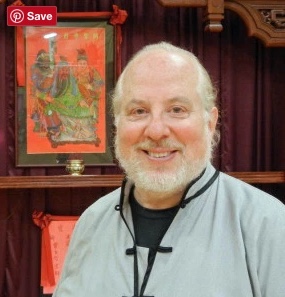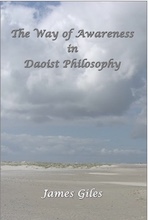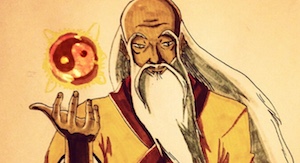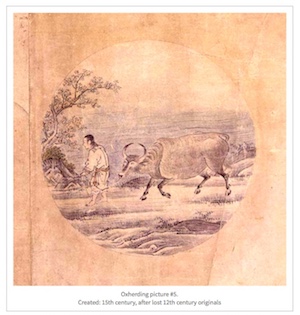Perspectives on Spirituality
The Importance of Spiritual Mindfulness in Palliative Care. Palliative care is a specialized medical approach that aims to improve the quality of life for individuals facing serious illnesses. While palliative care addresses the physical and emotional aspects of illness, one dimension often overlooked but of great significance is spirituality. Many end-of-life caregivers fail to incorporate spirituality as part of the holistic approach in end-of-life care. It is crucial that all physicians and medical professionals possess a holistic understanding of caring for the whole person. Integrating spirituality and mindfulness into palliative care can lead to profound benefits for both patients and caregivers, offering comfort, solace, and a sense of purpose in the face of mortality. PMID: 37916819.
Jill Bolte Taylor's stroke of insight (18:42). The Dao and the Right Brain. Neuroanatomist Taylor describes her experience of literally losing her left brain due to a stroke and discovering her connection to the world.
Breathe Deep Newsletter. When we can look at our life and throw together all of our experience simply as "life unfolding" and do our best to refrain from saying that something was "good" or "bad", then we are well on our way to true freedom. When we can drop into that place of presence, that inner place where everything exists in a unified field of Qi, then we are beginning the journey toward a truly stress-free life. There's something about judging things as good or bad that creates a certain "attachment" to them - funny huh? It is that attachment that binds us, keeps us from letting go and moving on in some cases. That attachment (even to "good" things) is what creates expectations and keeps us from being open to new and unexpected opportunities. Those attachments (to "bad" things) create fears that inhibit our growth. This concept of attachment is at the core of Buddhist philosophy and is key in understanding what the Buddha (enlightened one) was exemplifying. Whether any of us will ever achieve enlightenment in this body is another story, but we certainly can begin to make choices to move our lives in the direction that best reflects our heart. Francesco Garripoli, Chairman of the Board, Qigong Insitute.
Historical consciousness and traditional Buddhist narratives. Fascinating exploration of the origins of Mahayana Buddhism in the context of how mythic accounts can be interpreted symbolically and that symbols should not be considered as less important or real than facts. Only those who buy completely into the model of scientific materialism provided by the European enlightenment would not understand that in religions, symbols are as meaningful as facts.
Bruce Lipton 'The Power of Consciousness' (video 50:57) . Teaching the belief that genes control life is very incorrect. When you teach genetic control, you teach victimization by your heredity. On the other hand, the new science of epigenetics (see Epigenetics and Psychoneuroimmunology) says that when you change your response to the environment you change the expression of your genes. In other words, your beliefs -- how you see the world, your perceptions -- can change your biology. There are many new healing modalities that can help you re-write your subconscious behaviors and beliefs. In order to do this, you need to be present.
Breathe Deep Newsletter, June 2011 - Issue #61 The Healing Power of Ritual:"Ritual is such a critical aspect to our lives... for millennia, ritual has guided humans to plant crops and to harvest them, to pray to the gods, to honor tradition. In our modern life, sacred ritual seems to have been replaced with television viewing or going to work. Even going to church, mosque or synagogue has become an obligation rather than an integration. I find that a personal practice like Qigong, yoga, tai chi, etc. can fulfill that critical element of "ritual" in our lives. Whether it is the group class that you attend once each week or the quiet time you find for yourself, your personal practice is essential. Yes it feeds your body... and certainly it calms the "monkey mind" that our fast-paced word feeds... but ritual personal practice feeds the spirit, fulfills our spiritual hunger for being connected to something infinite... to our own infinite nature."Francesco Garripoli. Chairman of the Board, Qigong Institute.
From Finance Executive to Wellness Coach: Finding My Place in the World. I was 40 years old and the effects of stress started showing up in my body. Rather than just treating the symptoms of these ailments, I chose to understand myself and my life at a deeper level. This shift in my focus transformed me from being a Finance executive to a Wellness Coach and Qigong Energy Healer. Arda Ozdemir.
The Cosmic Pulse of Wilhelm Reich: Where Science, Sex and Spirit Meet. "What some people categorize as "spiritual" (or the "divine"), and what these same people consider "sin" (the earthy or sexual), exist on a continuum. The current throughout this continuum is the universal intelligence or life force, called in various cultures chi, kundalini, prana, or the great spirit. This current, which pervades all living things, fuels the celebration of life and self inherent in both sexual vitality and authentic spiritual practices. Since ancient times, priestesses, healers, and shamans have perceived this current or flow as permeating and surrounding the human form, with vortices (called "chakras" in Hindu theory) at major glands. Seekers today, feeling incomplete or empty in their individual existence, are turning to esoteric teachings to help them reconnect to the life force, the infinite source of power. They recognize that to feel whole—whether they ascribe this connection prana or to the Goddess—they need not only the comfort, but the ecstacy, that this union provides...why not reclaim ourselves by focusing on the physical plane? If our body is indeed a temple of the divine, then the growth of our spirituality will be an organic result of living fully, ecstatically, and pleasurably in that temple. This approach makes sense when we consider the role of the body in blocking or allowing the life force to flow, and how even those on a spiritual path harbor blocks." Nenah Sylver.


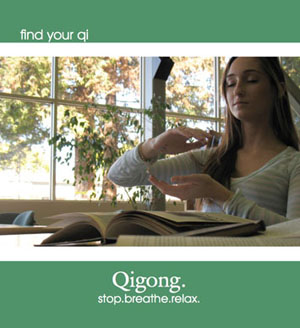
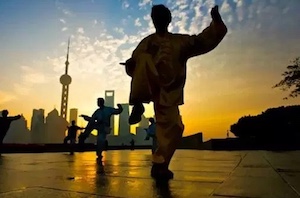

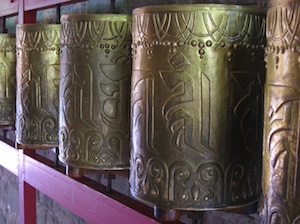
 Exploring Emptiness and its Effects on Non-Attachment, Mystical Experiences, and Psycho-spiritual Wellbeing: A Quantitative and Qualitative Study of Advanced Meditators
Exploring Emptiness and its Effects on Non-Attachment, Mystical Experiences, and Psycho-spiritual Wellbeing: A Quantitative and Qualitative Study of Advanced Meditators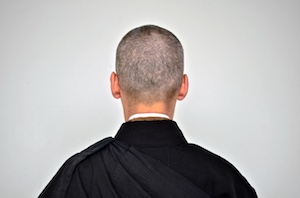
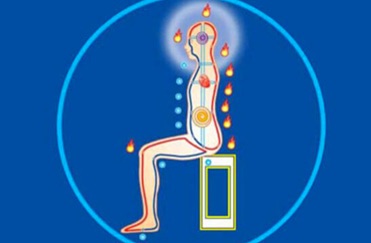
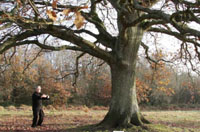
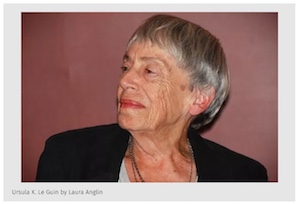
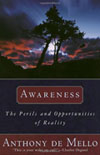

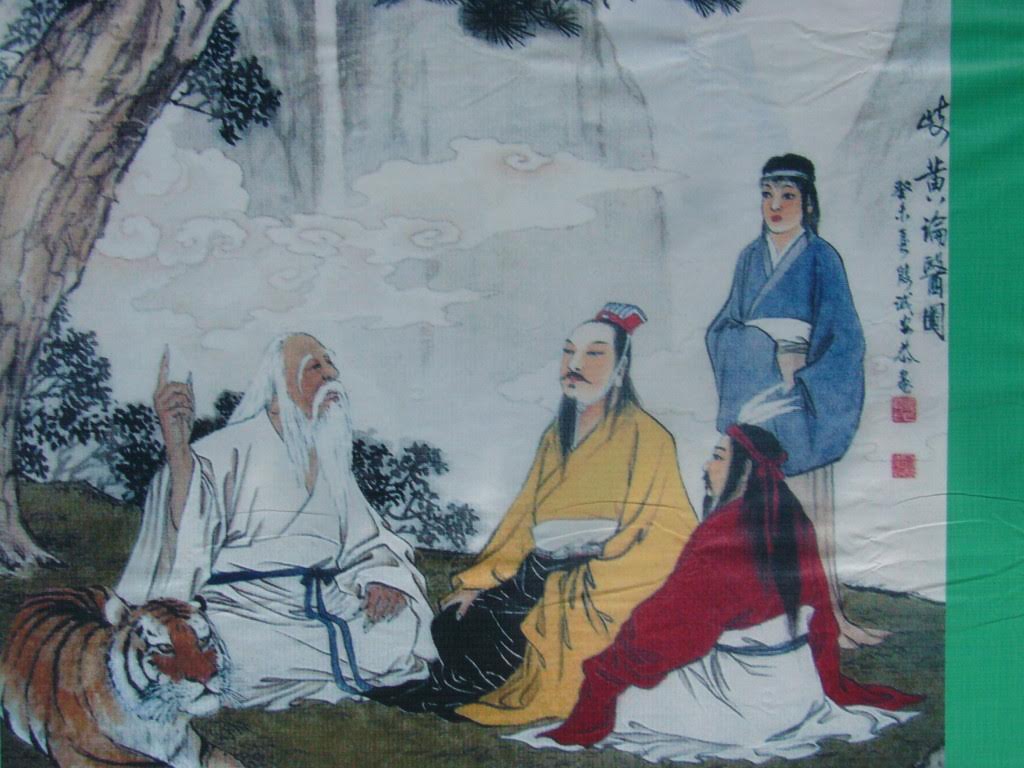




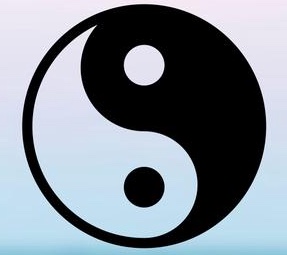
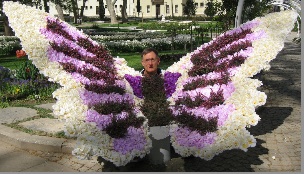
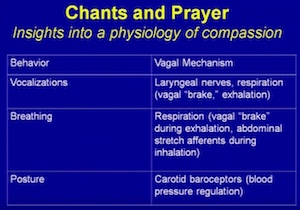
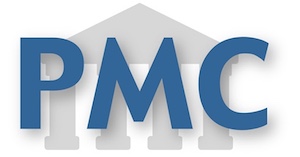
 The Jesus Sutras
The Jesus Sutras The main distinction between health and longevity on the one hand and advanced spiritual or immortality practice on the other, within the overall system of Qigong, is the degree to which the body is aligned with the flow of yin and yang or the Dao on the periphery versus being transformed, transfigured, and energetically reorganized to a higher level—the ineffable Dao of creation at the center of all. The Daoist transformation of the self in the process of inner alchemy, reaching from essence through energy to spirit and the emptiness of Dao, has become part of modern Qigong discourse, and many techniques of inner alchemy are actively applied in practice. Not only perceiving of the body as an entity of qi-flow and a replica of the universe, adepts of inner alchemy take active control of the energies and, through the systematic circulation and collection of qi, transmutate the body into a cauldron for the growth of an inner elixir.
The main distinction between health and longevity on the one hand and advanced spiritual or immortality practice on the other, within the overall system of Qigong, is the degree to which the body is aligned with the flow of yin and yang or the Dao on the periphery versus being transformed, transfigured, and energetically reorganized to a higher level—the ineffable Dao of creation at the center of all. The Daoist transformation of the self in the process of inner alchemy, reaching from essence through energy to spirit and the emptiness of Dao, has become part of modern Qigong discourse, and many techniques of inner alchemy are actively applied in practice. Not only perceiving of the body as an entity of qi-flow and a replica of the universe, adepts of inner alchemy take active control of the energies and, through the systematic circulation and collection of qi, transmutate the body into a cauldron for the growth of an inner elixir. 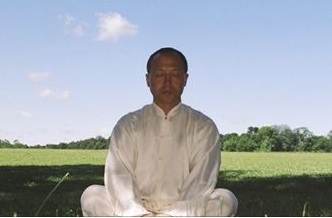
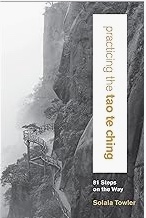
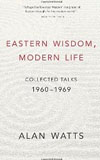
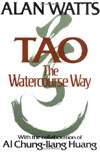
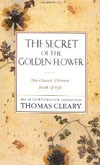 The Secret of the Golden Flower
The Secret of the Golden Flower
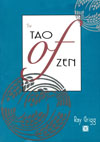 The Tao of Zen
The Tao of Zen